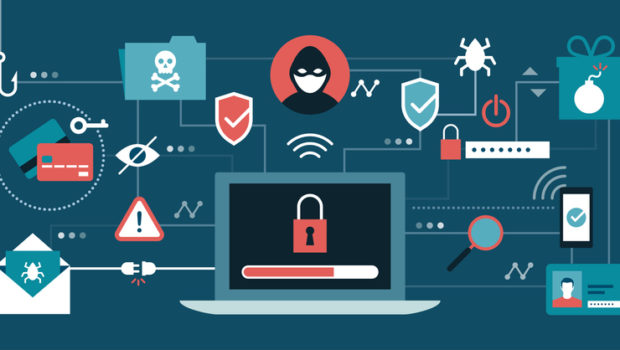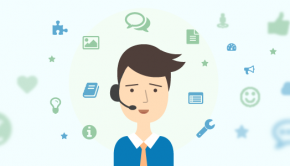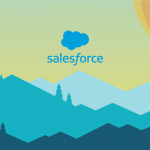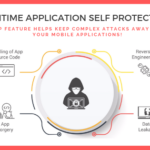PC or Mac: which is harder to hack?
A cybercriminal doesn’t care whether you’re using a Mac or PC, you’re in London, or running a business or a home. Chances are, they’ve the tools to launch cyber attacks on either platform – if you let them. For a cybercriminal is no common-or-garden street hustler. They are educated, tech-savy, sophisticated and often hunt in packs. Which leads us to consider a question we’re often asked, ‘PC or Mac: which is harder to hack?’ And how can IT support in London help you mitigate this.
Back to the future – PC or Mac: which is harder to hack?
Originally Mac users had it easier than PC users when it came to cyber attacks. Users of the Windows operating system (OS) massively outnumbered Mac iOS users. So cybersecurity criminals had more opportunity to target that platform, and thus the computer security of Windows was most often compromised.
However, as Macs have become more popular – Apple has doubled its market share in recent years – sophisticated computer security hackers have evolved the threats for Mac iOS. So in this article we’re going to try to answer that question, ‘PC or Mac: which is harder to hack?’ Here’s where you’ll find out why:
*The threat’s in today’s digital mix
*The problem isn’t the platform
*You should know the threats
*These risks can be managed
*PC or Mac: we can help you to secure both
The threat’s in today’s digital mix
Whether you use Macs or PCs in your business or home, there’s never been more devices, connected to more networks (often through insecure public Wi-Fi), logging in to more websites and downloading more software, apps and tools. And each of those digital touch points represents a cyber security hazard.
The problem isn’t the platform
Windows Vista and Windows 7 operating systems are still the most popular target of cybercriminals for malware attacks. However, malware aimed at Macs is expected to rise as the number Apple users increases and eats into Windows’ 91% market share.
The point is this that both PCs and Macs offer potentially securable machines. The problem isn’t the platform, it’s that users don’t take the necessary security precautions to safeguard their machines and operating systems. If that’s you, read on!
You cannot assume that your Windows or iOS machines come equipped ‘right out of the box’ to protect you from every cyber threat. And here are just two of the most common dangers…
You should know the threats
- Browser Security
Your browser security is threatened in three ways: the browser itself, add-ons and plug-ins, the latter sometimes being called extensions.
Now, free browser add-ons or plug-ins to enable you to play videos, music or games using Java can be safe. But not all are. Some may contain harmful malware or viruses that can lead to identity theft and data and financial loss.
- Rogue e-mails and links
Cybercriminals often hide threats in documents attached to (or links provided in) e-mails. Never open any e-mail or attachment or click on any link if you don’t know the sender or source – especially if they contain virus warnings, which are a classic ‘scare tactic.’
These risks can be managed
There are simple and cost effective steps you can take to better secure your PC or Mac:
- install an internet security software suite, most cover both platforms
- use a host-based firewall to ensure your online activities are encrypted and not seen by online threat actors
- only download legitimate software and applications from sources you know and trust
- educate whoever uses your IT – be they business colleagues or family members – about the online threats. Human error is the weakness most exploited by cybercriminals.
PC or Mac: we can help you to secure both
If you’re running a business in London, you’re too busy to worry about the cybersecurity of your PCs or Macs, so you should seek out a professional IT support provider.
And here at totality services our highly experienced and expert cybersecurity and IT support provider team hold industry certifications, such as Cyber Essentials and ISO 27001. Plus they’ve earned two Feefo Gold Trusted Service Awards, Five Star ratings from both Trustpilot and Google and 98% client retention rate.
So why not call London’s go to managed IT support provider for a confidential, no-obligation discussion?
Cover Credits :
















